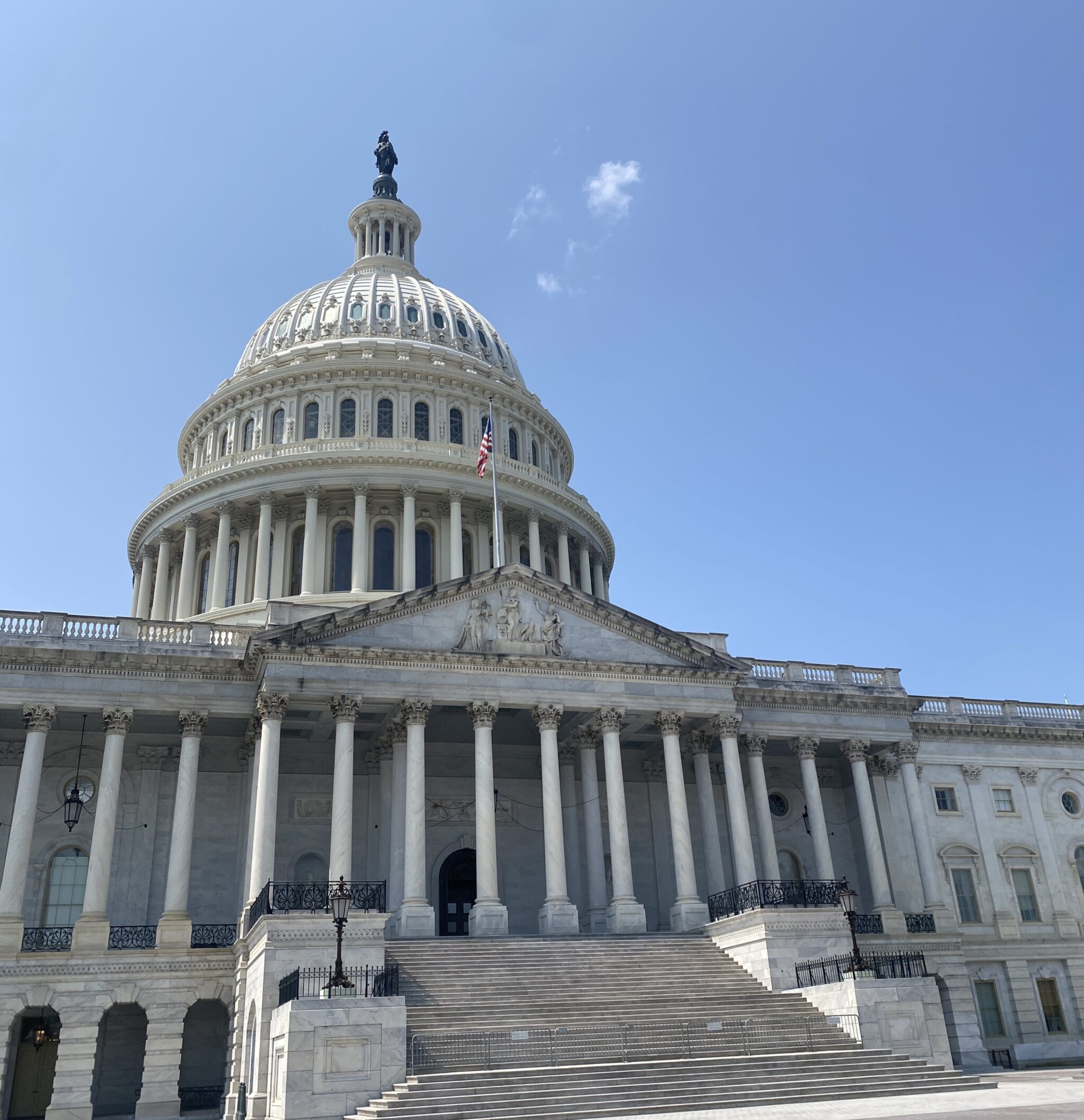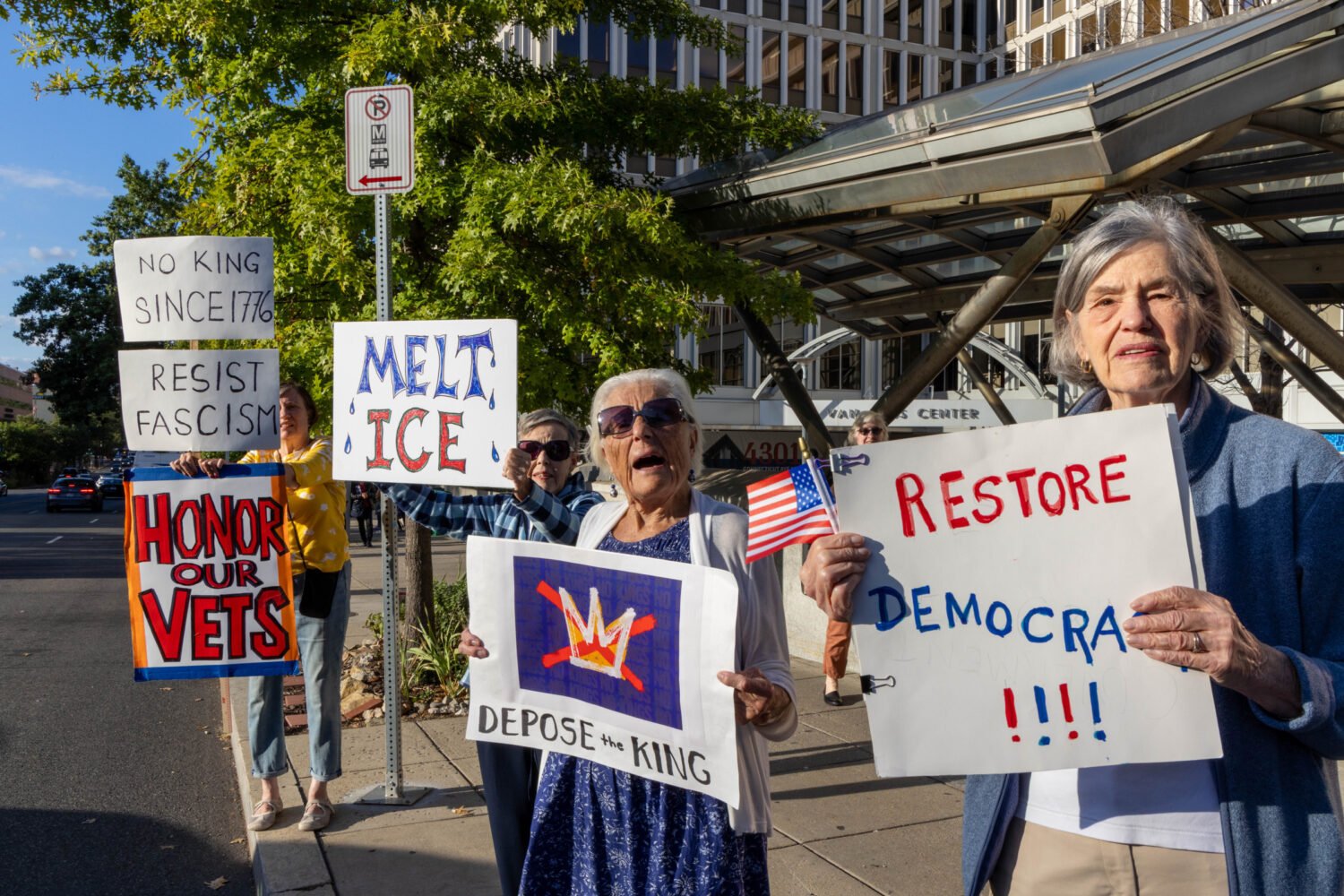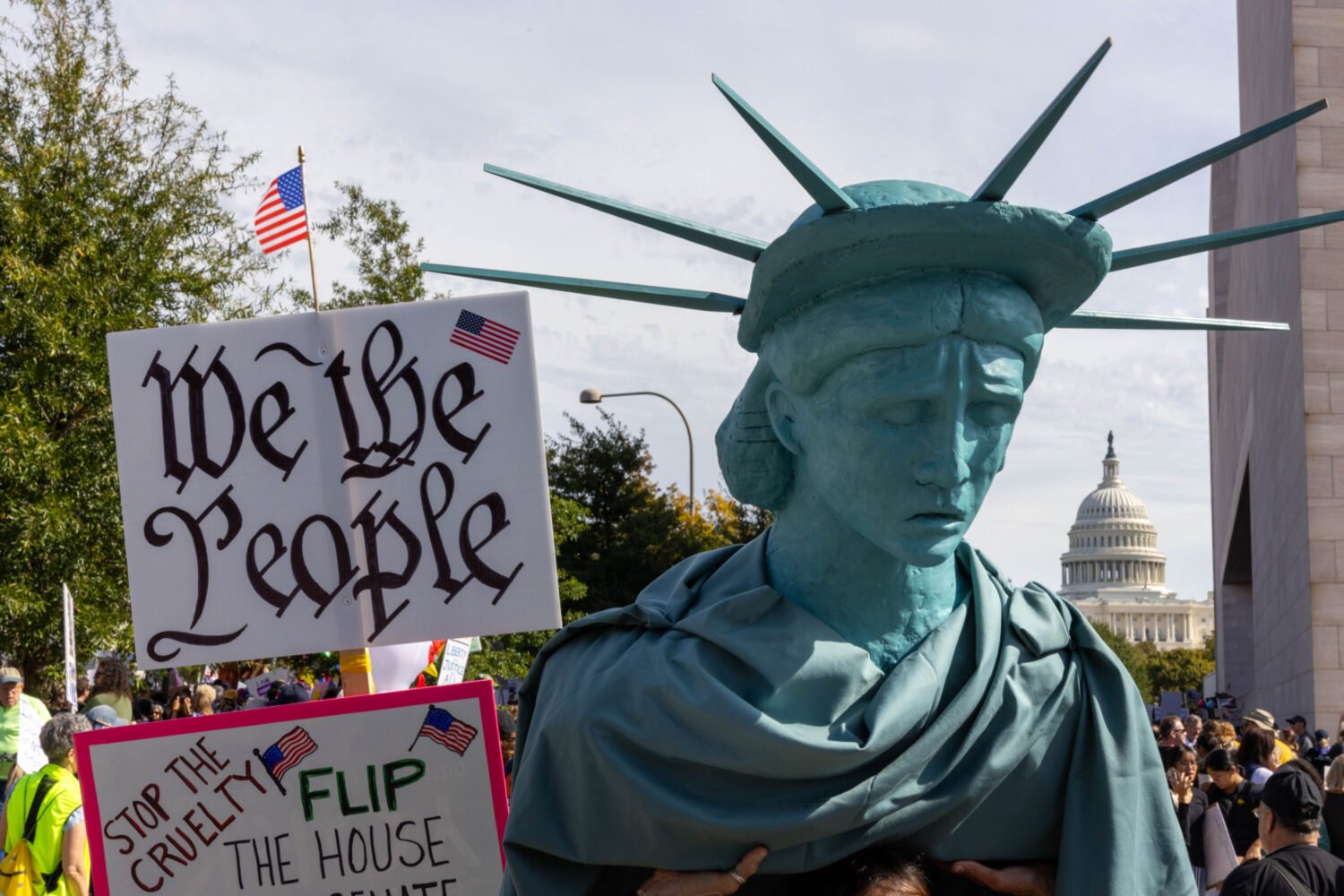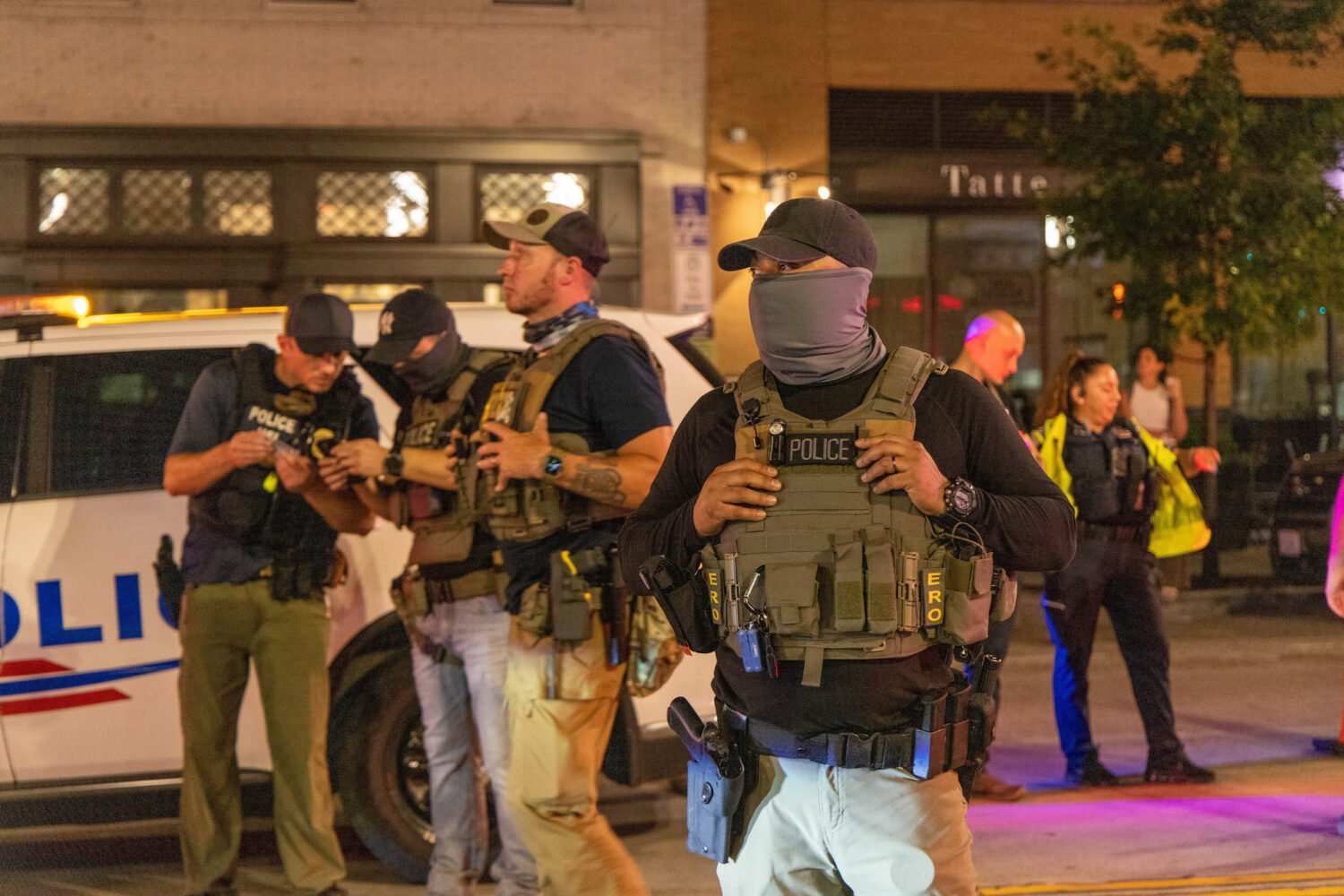This week, the House of Representatives will debate and vote on three bills that, if they pass the Senate and are signed by the President, would repeal local DC laws. The bills would end noncitizen voting in DC elections, force DC to cooperate with federal immigration authorities, and reinstate practices shielding police from disciplinary action. Here’s what to know about each of these proposals.
Prohibiting noncitizen voting in DC elections (H.R. 884)
This bill would prohibit noncitizens from voting in DC elections. It would repeal DC’s Local Resident Voting Rights Amendment Act of 2022, which says a person may vote in local elections as long as they are at least 18 years old and have lived in the District for 30 days. Municipalities in California, Maryland, and Vermont have passed similar voting rules. Five hundred and fifty noncitizens are registered to vote in DC, and only 388 of them voted in the November 2024 general election, according to Judicial Watch, a conservative activist group that opposes noncitizen voting. Out of 328,871 voters, that’s about .1% of the total vote count.
US Representative August Pfluger, a Republican from Texas, re-introduced this bill after his effort last year stalled in Congress. He wrote on X that his measure would “defend the power of the citizen voter.” (Four years ago, Pfluger cosponsored a bill that would have disenfranchised all DC residents.) Federal law prohibits noncitizens from voting in national elections, and 15 states currently outlaw noncitizen voting in state and local races. But the Constitution does not give Congress the power to control how states and municipalities govern local elections, as long as these rules do not violate the voting rights protections in the 14th or 15th Amendments.
Georgetown Law professor Aderson Francois says this House bill is “mostly symbolic” and an example of Republicans flexing their control over DC.
Policies on disciplinary action against cops (H.R. 2096)
The “Protecting Our Nation’s Capital Emergency Act” would strike down local DC policies that make it easier to take disciplinary action against officers in DC’s police department. It would reinstate officers’ right to negotiate disciplinary issues through collective bargaining by repealing parts of a local police accountability law passed in 2022. The bill would also reinstate a previous statute of limitations on accusations against MPD officers.
Proponents of the bill, introduced by Representative Andrew Garbarino of New York, argue that it’ll improve public safety by supporting, recruiting, and retaining cops. The bill comes after rates of violent crime in DC hit a 30-year low in 2024.
Forcing cooperation with federal immigration authorities (H.R. 2056)
Following the two votes scheduled for Tuesday, on Thursday, the House will vote on a third bill that would repeal local DC ordinances that prevent local law enforcement from cooperating with federal agencies which are often referred to as sanctuary city laws. Currently, absent a judicial warrant, District law enforcement does not release people into ICE custody or provide information on the immigration status of those in District custody. This bill would change that; it mandates that all DC city agencies comply with requests made by the Department of Homeland Security.
Representative Clay Higgins of Louisiana, who introduced the bill in March, argues it would make DC safer and bring the capital city in compliance with standard law enforcement norms. (Higgins has a rich history as a former law enforcement officer; Mother Jones reported last year that he “resigned from the Opelousas Police Department in Louisiana after reportedly assaulting an unarmed Black man and then lying about it.”) Unlike the other two measures up for consideration, this bill already has a powerful local ally: DC Mayor Muriel Bowser. In her recently unveiled budget proposal, Bowser included a provision to repeal the 2019 DC law limiting law enforcement from cooperating with federal agencies—the exact law Higgins’ bill targets.


















